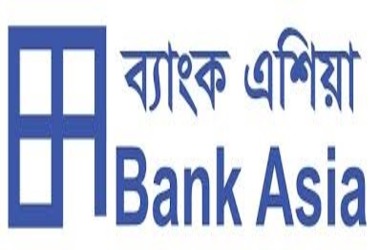
Nevertheless, the collaboration seems to be more than a month old, as the document was published in December 2019.
The logo of Bank Asia is seen on a document providing instances of RippleNet users, along with American Express, Santander, Send Friend, MoneyGram, SABB, Standard Chartered and SBI Group.
The LinkedIn profile of Khandaker Mujahidul Islam, head of Bank Asia’s foreign remittances division, indicates that he is working on merging the institution’s platform with Ripple’s trans-border dealing platform xCurrent since March 2018.
In the description of the project, he writes that he aims:
“To connect the Bank into the Ripple network where numbers of banks and MSBs are connected. End result is a block-chain based networks facilitating real time remittance transfers.”
Bank Asia Limitedが新たにRippleNetさ!
ここはバングラデシュの商業銀行で総資産は約4兆、日本の地銀なら中の上といった規模だね!
バングラデシュの他パートナーにはbkashもいるし、
経済成長中の南アジアでもRippleNetが広まりを感じるね! pic.twitter.com/UnQwseePrs— カエサル・ナルシスト (@crypto_narcist) February 10, 2020
There are 2,256 staffs working for the Bank Asia, which was established in 1999. Furthermore, the bank has 128 branches and 3,186 outlets.
At the end of December 2017, total assets of the bank stood at roughly 289 billion Bangladeshi takas (~$3.4 billion). More importantly, the bank claims to have handled about 52 million Bangladeshi takas (more than $609 million) during the same period.
Ripple’s financial framework is getting popular day by day. Recently, the National Bank of Egypt inked a cooperation contract with Ripple to setup new pathways for inward payments.
Earlier in February, Ripple also entered into a new collaboration with remittances firm International Money Express to boost trans-border payments between the US and Mexico.